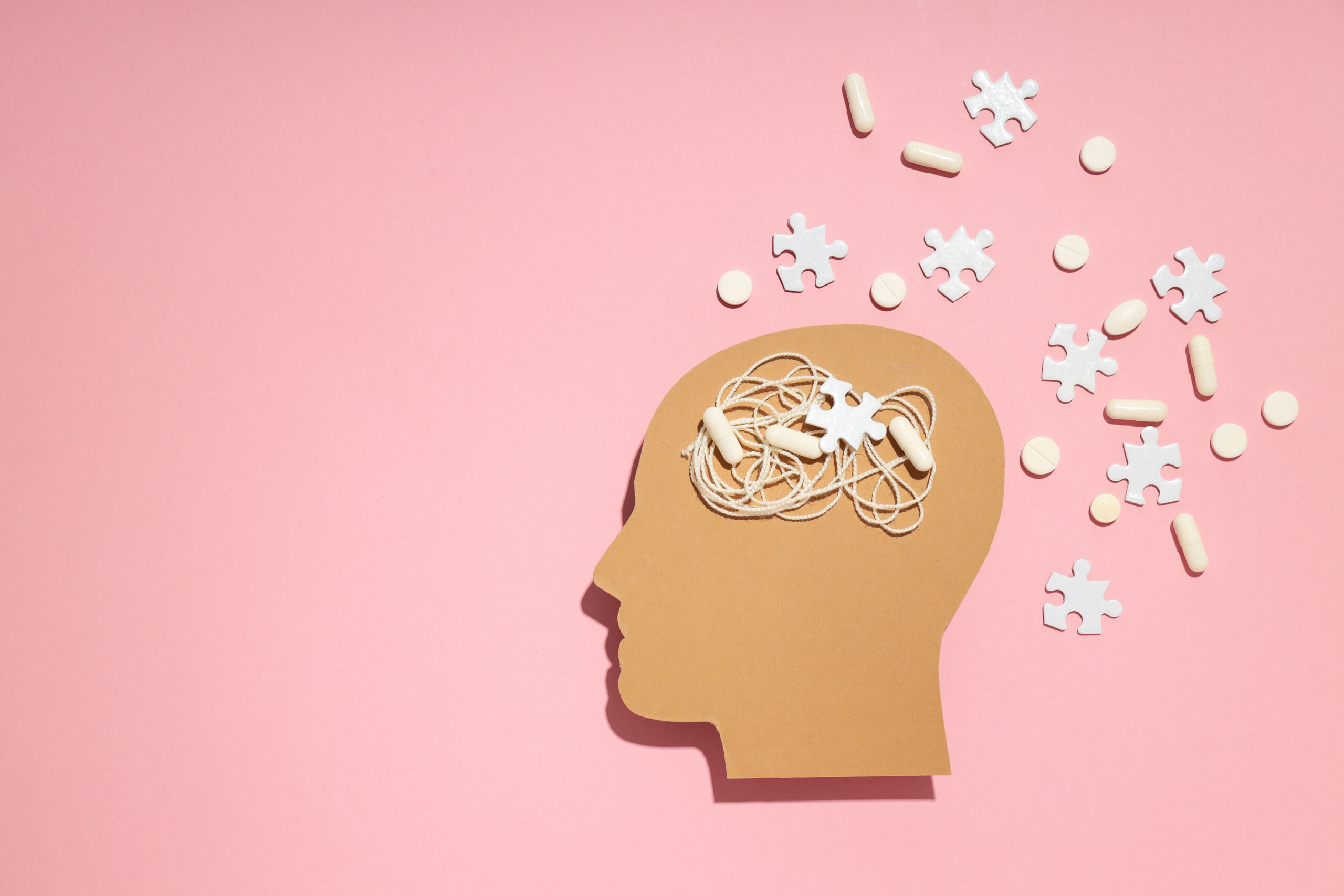Have you ever considered that your marriage issues may not just be marriage issues? There are often other conditions and disorders at play that bring a new level of complexity to what may appear on the surface to simply be marital problems. Dr. Lenne’ Hunt talks about ADHD as one such example, and its impact on marriages.
How ADHD Affects Relationships
ADHD, or Attention Deficit Hyperactivity Disorder, is a neurodevelopmental condition that typically manifests in childhood. However, it is not uncommon for individuals to go undiagnosed until adulthood. Unfortunately, this means that many individuals spend years struggling with the symptoms without receiving the necessary support and understanding.
In this article, we will explore how ADHD can affect relationships, highlighting the challenges faced by individuals and their partners. Understanding the impact of ADHD is crucial, especially for professionals working in marriage and family therapy, as it often coexists with other conditions such as narcissistic spectrum behaviors, personality disorders, anxiety, depression, and substance abuse.
Childhood Development
ADHD is a brain-based condition characterized by symptoms such as distractibility, difficulty focusing, impulsivity, and behavioral hyperactivity. While it is often diagnosed during a child’s school years, the structured environment of a classroom can exacerbate the symptoms and lead to identification.
ADHD brains have difficulties filtering out irrelevant information, resulting in an overwhelming amount of stimuli. In a typical setting, children with ADHD struggle to sit still, focus, and follow instructions, leading to academic challenges and misunderstood behavior.
The Impact of ADHD in Practical Life
Children with ADHD often face difficulties with organization, focus, and completing tasks. Their minds are constantly bombarded with an excess of sensory information, making it hard to prioritize and concentrate on what is essential. In the absence of a diagnosis, these struggles persist and may lead to negative feedback from teachers and parents.
Consequently, children with ADHD may internalize criticism about their character, such as being lazy, uncaring, or dishonest. These negative perceptions can significantly impact their self-esteem and confidence, setting the stage for ongoing challenges into adulthood.
ADHD and Adult Life
As individuals with ADHD transition into adulthood, the difficulties they faced in childhood often persist. The demands of work, relationships, and daily responsibilities can overwhelm their cognitive abilities, making it challenging to stay organized, focused, and attentive.
In relationships, common complaints involve one partner taking on an over-responsible role while the other struggles with forgetfulness, disorganization, and inconsistency. Miscommunication, missed cues, and incomplete tasks can strain relationships and lead to feelings of frustration and resentment.
The Importance of Understanding and Healing
For individuals with ADHD, understanding their story and recognizing the impact of their past experiences is crucial. Repeated negative feedback can create deep wounds that affect their perception of self and their behavior within relationships.
Healing these wounds and rebuilding self-esteem is essential to fostering healthier relationships. Partners of individuals with ADHD must also educate themselves about the condition, its manifestations, and effective coping strategies. Building empathy, patience, and open communication are vital for navigating the challenges posed..
Treatment Approaches for ADHD
Managing ADHD involves a comprehensive approach that combines medication, behavioral strategies, and cognitive techniques. Medication can help reduce symptoms and provide relief, but it should not be seen as a standalone solution.
Behavioral strategies, such as implementing organizational systems, creating routines, and using visual aids, can assist with managing daily responsibilities. Additionally, couples may benefit from relationship therapy to improve communication and interpretation of each other’s needs and intentions.
Conclusion
ADHD can significantly impact relationships, as individuals with the condition often struggle with organization, focus, and consistent behavior. The challenges faced by both partners can lead to misunderstandings, frustration, and emotional strain.
However, with education, understanding, and a comprehensive treatment plan, individuals with ADHD can learn to manage their symptoms effectively, minimizing their impact on relationships. Seeking a diagnosis, exploring treatment options, and prioritizing open communication can pave the way for healthier, more fulfilling relationships for individuals with ADHD and their partners.
To learn how we can help, reach out to us at (206) 219-0145 or info@marriagerecoverycenter.com to speak with a Client Care Specialist
Also read: What Does the Bible say About Narcissism?
About Dr. Hawkins:
The internet is inundated with hyperbole and misinformation about narcissism, leaving many people confused and hopeless. Get the facts on narcissism and emotional abuse from someone who has been researching, writing about and treating narcissism and emotional abuse for over a decade.
Dr. Hawkins is a best-selling author and clinical psychologist with over three decades of experience helping people break unhealthy patterns and build healthier relationships.
He is the founder and director of the Marriage Recovery Center and the Emotional Abuse Institute which offers education, training and counseling for people who want to break free of, and heal from, emotional abuse. Whether the perpetrator of the abuse is your spouse, partner, parent, boss, friend or family member, we offer practical advice for anyone trapped in a toxic, destructive relationship.
In addition to narcissism & emotional abuse, you’ll learn about the lesser known forms of abuse, including covert abuse, reactive abuse, spiritual abuse, secondary abuse, relationship trauma and much more.








